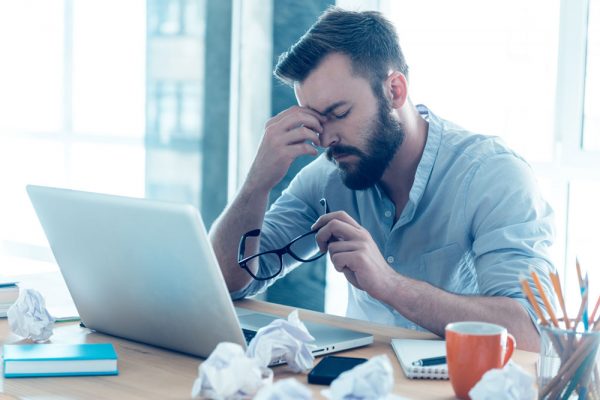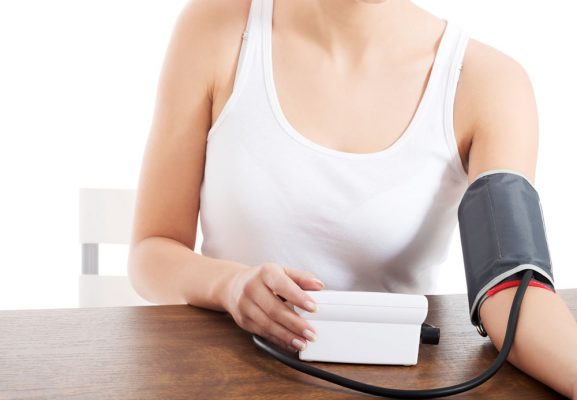What Is Sleep Apnea?
Sleep Apnea is a serious health disorder that interferes with your ability to breathe during sleep. This occurs when the soft tissues of the palate relax in the back of your throat, preventing the flow of oxygen. Because of this, you’ll repeatedly wake up throughout the night, as your body quickly recognizes the lack of oxygen. These episodes can happen several hundred times a night, but most patients will have no memory of them the next morning.
Here at our office in Philadelphia, Dr. Slobodinsky specializes in helping patients who have been diagnosed with sleep apnea get the treatment they need to help them get a good night’s rest and improve their overall health.



